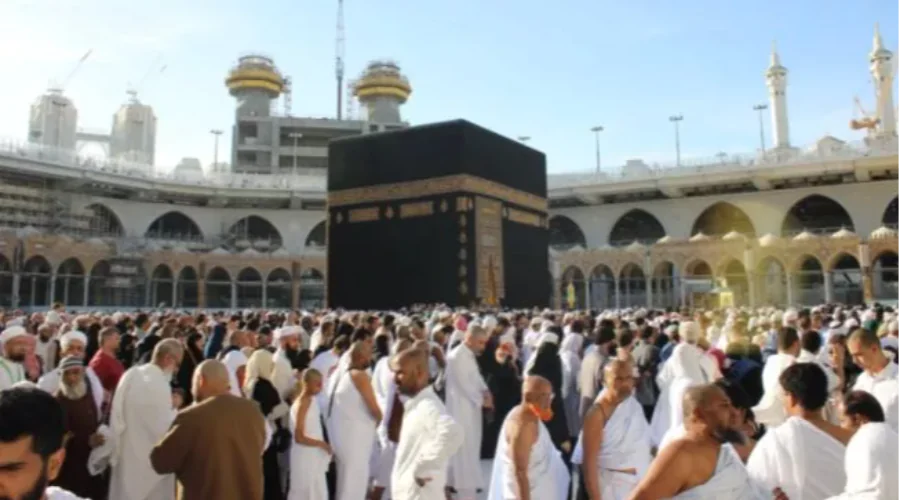
- 12 Jun
- 2023
Ilustrasi gambar (pixabay)
Preventing Heatstroke during the Hajj Season, UM Surabaya Lecturer: Do These 5 Things
Heatstroke or what is often known as heat stroke is a condition where the body is unable to control the increase in temperature caused by hot weather.
Signs and symptoms that appear are a sudden increase in temperature of more than 39.5°C, the body is unable to sweat, the skin is red, hot and dry, symptoms of headache or dizziness, nausea and vomiting appear, and the pulse becomes faster and strong, breathing becomes faster and shorter, until there is a loss of consciousness.
Ira Purnamasari, a lecturer at the Faculty of Health Sciences (FIK) UM Surabaya, said that one of the causes of heatstroke in pilgrims is hot temperatures and exposure to scorching sunlight, strenuous activity, while the body is dehydrated, accompanied by certain medical conditions such as heart disease, obesity, or the body is already in a state of illness/fever.
"Body temperature must be lowered immediately, because if not, it can trigger damage to vital organs which can lead to seizures and death," said Ira Monday (12/6/23)
Ira explained, the treatment that can be done if someone has a heatstroke or meets someone with a hatstroke is:
First, immediately take the sufferer to a shady, cool place, or place it in an air-conditioned room.
Second, loosen all clothing so that the patient can breathe and get maximum oxygen.
"The three compresses use a towel or cloth that has been dampened on the head, neck, genitals and groin, or you can also wet the patient's body with cold water," added Ira again.
Fourth, if someone is still conscious, immediately give drinking water to hydrate the body and finally seek medical help immediately.
In her statement, Ira also shared actions that can be taken so that someone does not experience heatstroke during the pilgrimage.
First, meet the body's fluid needs, drink 1 glass of water (300cc) or more every hour, don't wait for thirst to drink
Second, avoid being exposed to direct sunlight, use an umbrella or head cover to protect the body from the hot sun, and immediately spray water/wet the body exposed to direct sunlight.
Third, get enough rest, don't force energy on activities that are not related to worship
Fourth, consume nutritious food and drinks, avoid sweet drinks because they cause excessive thirst and cause dehydration
"Finally, do routine health checks if you have a history of certain diseases," concluded Ira.










(0) Comments